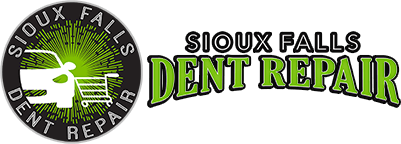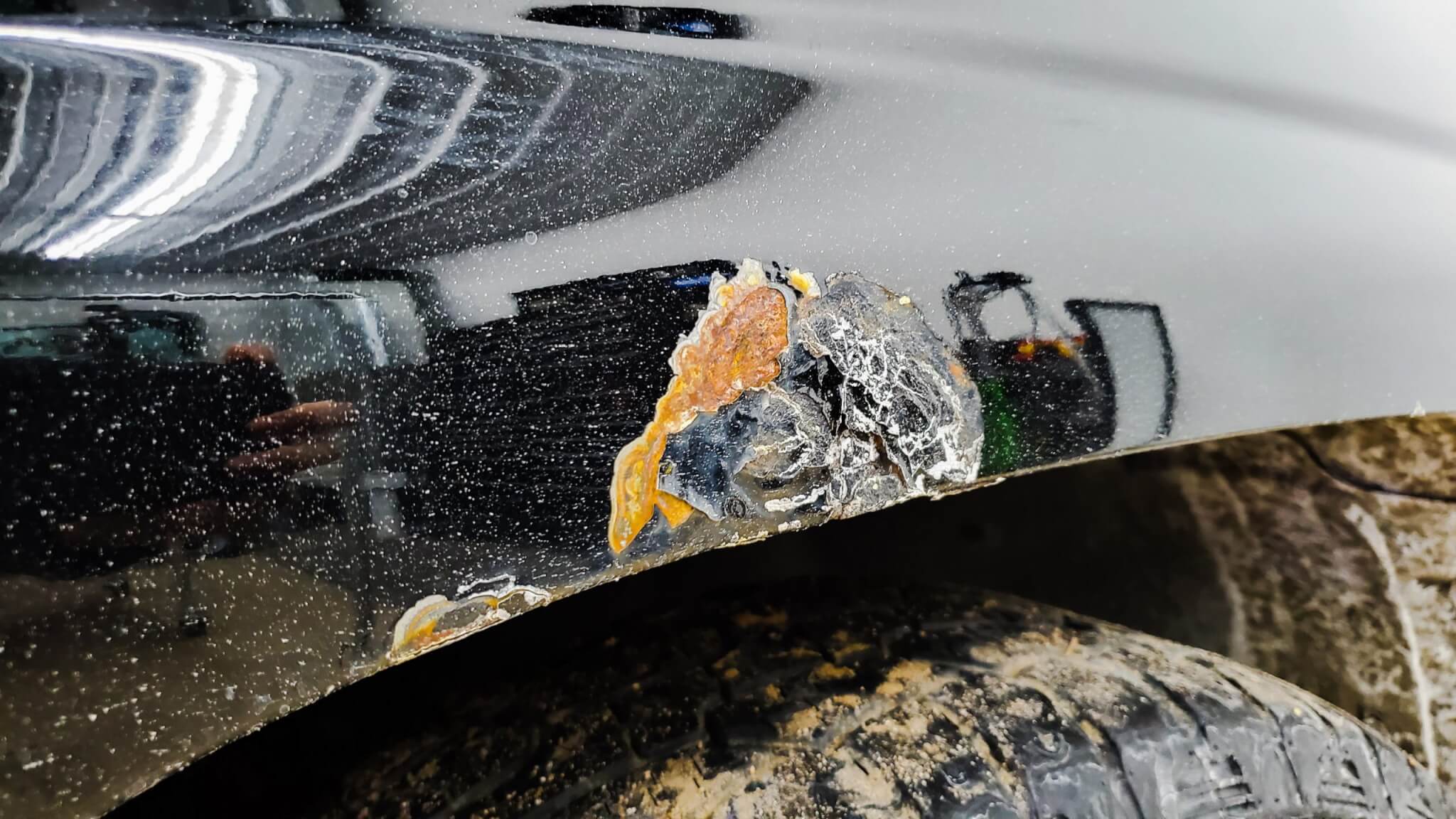What Is Corrosion Protection?
Corrosion protection in the automotive body shop or paintless dent repair world refers to the various measures taken to prevent or minimize the damaging effects of corrosion on a vehicle’s body and components.
Automotive corrosion can occur due to exposure to moisture, salt, chemicals, and other environmental factors, and can lead to rust, weakening of the metal, and ultimately, structural failure.
Corrosion protection measures in the automotive body shop world typically include:
- Surface preparation: Properly preparing the metal surface of the vehicle before painting or applying any coatings is crucial to ensure good adhesion and corrosion resistance. This can include sandblasting, chemical treatments, and other methods to remove rust, old paint, and contaminants.
- Paint and coatings: Applying high-quality paint and coatings that are resistant to moisture, chemicals, and other environmental factors can help protect the metal from corrosion. This may include applying a primer, base coat, and clear coat to the vehicle’s body. Read More About Paint Damage
- Rust inhibitors: Using rust inhibitors, such as rust converters or rust inhibitors, can help prevent or slow down the corrosion process.
- Sealants: Applying sealants to the vehicle’s seams, joints, and other areas where moisture can penetrate can help prevent corrosion from taking hold.
- Galvanizing and other treatments: Galvanizing, electroplating, and other treatments can provide a layer of corrosion-resistant material on the metal, further protecting it from environmental damage.
Overall, corrosion protection is an important aspect of automotive repair and maintenance, as it can help extend the life of a vehicle and prevent costly repairs.

